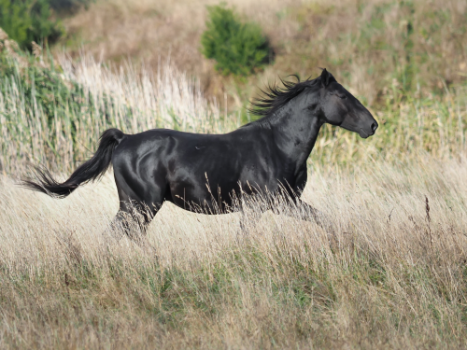Horses, camels and deer get a bad rap for razing plants – but our new research shows they’re no worse than native animals
Robert Sleep/AAP Large introduced herbivores such as feral horses and camels are often seen as “invasive” species which damage native plants. My colleagues and I published new research in Science testing this assumption and found it isn’t true. Instead, both native and introduced species of plant-eating megafauna (weighing over 45 kilos) have similar impacts on plants. The effects of introduced megafauna on plants can drive negative public sentiment towards the species. It’s time to change how we think of these animals. ……………………… The double standard of ‘harm’ It can be a shock to see the impact of feral pigs, deer,… Continue reading






